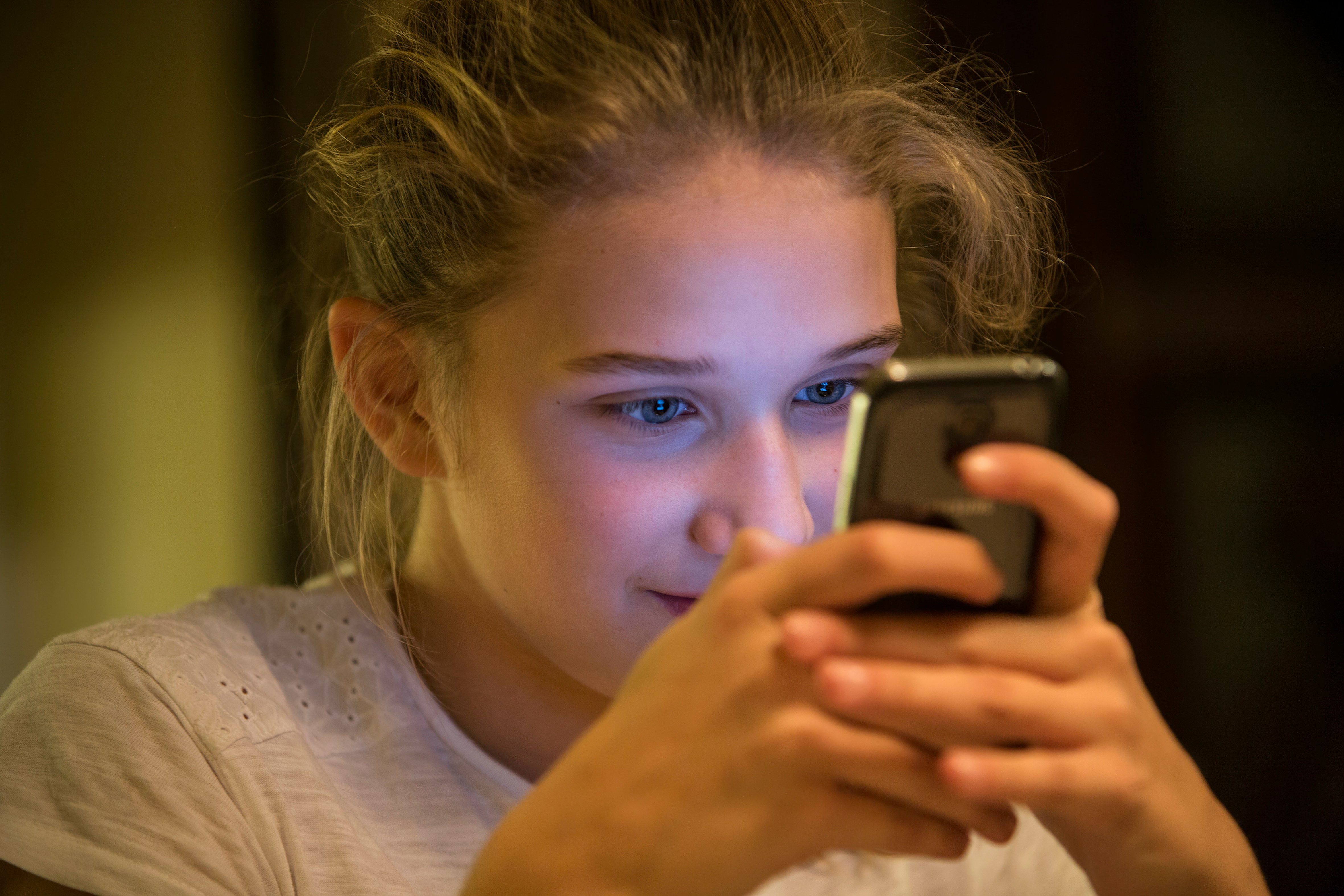Attachments
Note: Not all attachments are visible to the general public. Research URLs will go live after the embargo ends.


Journal/
conference: JAMA Network Open
conference: JAMA Network Open
Research:Paper
Organisation/s:
Boston Children's Hospital, USA
Funder:
Dr. Hadland was supported by grants R01DA057566 and K18DA059913 from the National
Institute on Drug Abuse. Conflict of Interest Disclosures: Dr Hadland reported receiving grants R01DA057566, K18DA059913, and
R34DA062280 from the National Institute on Drug Abuse and receiving honoraria from the American Academy of
Pediatrics Honoraria outside the submitted work. No other disclosures were reported.



 International
International


